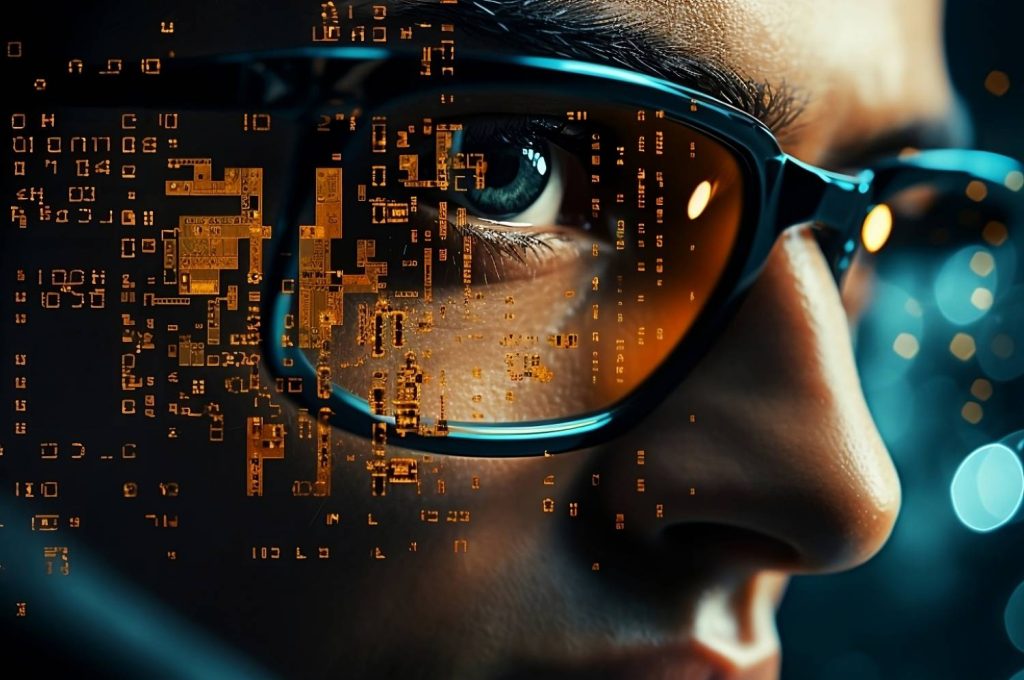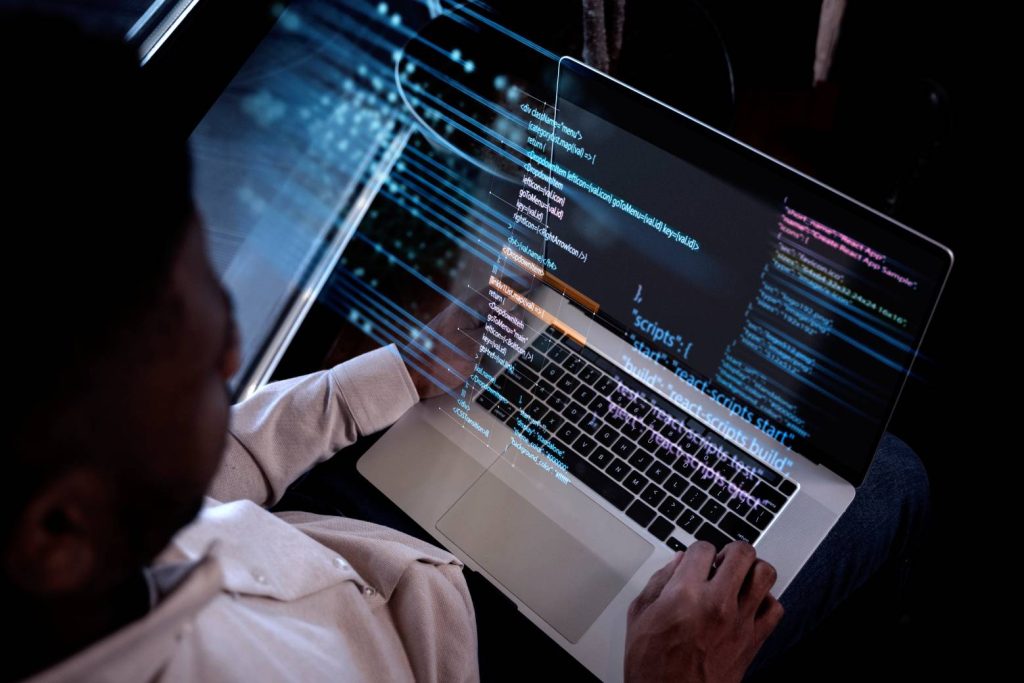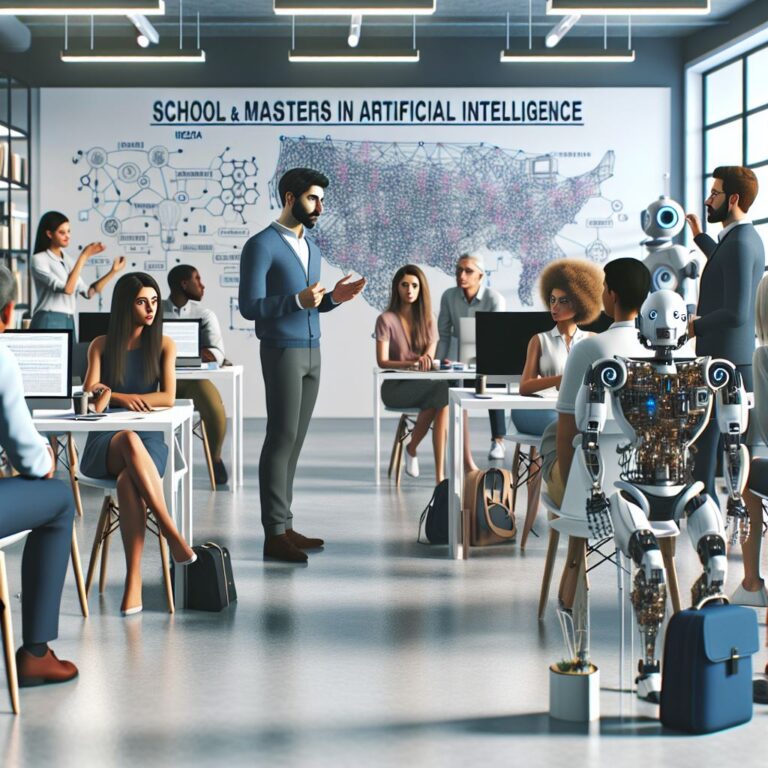Wherever we go, artificial intelligence (AI) is present.
If we lived in California, especially in the San Francisco area, we would be absorbed by an even commercial hype that would make us think AI is already impacting our world on a daily basis. I've always been struck by the sheer number of technology-related advertisements on billboards, on the streets, everywhere. Companies that only the most "geeky" among us know about, those of us who "do this." In this past year, artificial intelligence has been added to the ubiquitous technology advertisements, especially those related to cybersecurity and the cloud. It's everywhere, advertising-wise.
If we lived in a European capital, we'd probably see some telecommunications company or another talking about AI, jumping on the bandwagon, but in a more targeted way, because you have to mention AI if you want to stay ahead of the curve. If we lived in a smaller city or in towns in Spain, France, Italy, Germany, or Bulgaria, that apparent impact on what we see every day would be much smaller.
But in the United States, as well as in other Asian countries (think China, for example), we're talking about large technology companies investing billions of dollars in AI-related developments. This isn't just marketing; it's a reality that the investment exists, and there's a firm commitment to introducing it everywhere.
Artificial Intelligence: Transformation or Just a Trend?

It's often said that AI will transform the global economy; it's taken for granted. Today, investments are still far more powerful than direct benefits, of course, but perhaps not jumping on the bandwagon will cost you those benefits... forever.
Before continuing, let's not forget that AI has already been present in our lives for years. Thus, we have our virtual assistants, we have search engines everywhere, both at the commercial level, like when we shop on Amazon, and at the entertainment level, when we choose what to watch on Netflix or what to listen to on Spotify, and they guide us through what we "want" (or should?) to watch. Not to mention social media, where AI-powered engines already suggest what to watch, let's say, what to read, and what to do. We already live in an AI world.
But the next step will be the real mass incorporation of AI into business processes. Initially, many people may think that this would only affect certain types of companies, the largest and most prosperous ones, that can afford it. However, this will soon cease to be the case, as Big Tech and specialized companies will begin to sell solutions that will be suitable for smaller businesses, of course. Let's think about the cloud and its adoption. Today, the provision of these services is an absolute reality for both large and small businesses. In fact, it usually makes even more sense for smaller businesses. With cybersecurity, it's a little different, but equally applicable, with solutions for "all businesses," so there's a basic minimum package that almost anyone can already have.
The Reality of Artificial Intelligence in Business: Where Are the Benefits?

As of today, various studies estimate that 5% alone have used Artificial Intelligence in the United States in the last 5 years. Even the most techie professionals are reluctant to pay a monthly fee for the best version of AI. ChatGPT.
On the other hand, increased regulation and heightened awareness of the risks of Artificial Intelligence, including biased algorithms, hallucinations, etc., has slowed the deployment of AI. And this shouldn't be understood as a bad thing, but rather as a good thing: making AI a trustworthy technology.
Artificial Intelligence and the Future of Employment: Threat or Opportunity?
Additionally, there are no macroeconomic signals to justify, for the moment, the danger that AI will come like a tsunami to affect the human workforce, which doesn't mean it can't change. But many economists assure that AI will transform the global economy without removing people from their jobs. It would increase efficiency without affecting those jobs. Perhaps this is an overly optimistic view, but this is likely to be the case for some time.
An army of analysts believes that the real benefits that Artificial Intelligence will bring to Big Tech will begin to be seen in 2032. In the meantime, invest and wait.
What is clear is that Artificial Intelligence is already in our lives, and increasingly, almost unchecked, in our businesses. Let's prepare for it. Practical vision and business vision.
Find out everything in our Blog and train in Artificial Intelligence with our Master in Artificial Intelligence.



































